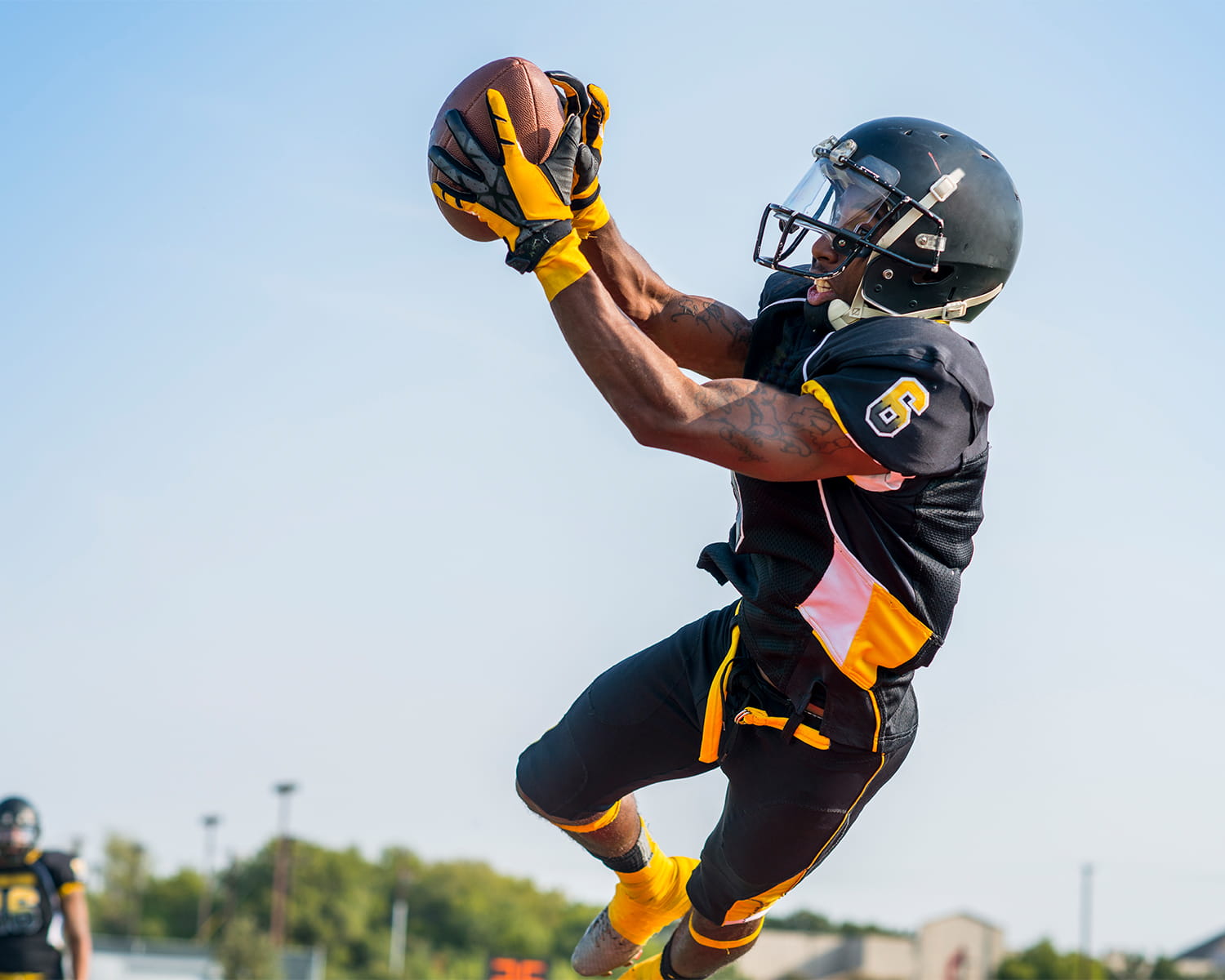A variety of concussion tests are available at Banner Health to determine whether you have a concussion and the extent of brain injury. Some of these objective tests also help in monitoring the healing process. Learn more about concussion testing at Banner Health.
If you are experiencing concussion symptoms, reach out to your doctor to get an accurate diagnosis. During diagnosis, your doctor will objectively evaluate how your brain is functioning including evaluating you vision, balance, reflexes, memory and coordination. This evaluation will help the clinician determine what therapies and treatments might help improve your overall function and decrease your symptoms.
Our Banner Concussion Center and many of our other facilities perform baseline concussion testing.
This testing is not meant to diagnose a concussion. If an athlete or patient suffers a concussion, however, baseline testing results can be compared to post-injury results to help with return to play/school/work decisions.
It is recommended that kids 15 and under get tested each year. Anyone at the high school level should get tested every other year.
Neurocognitive testing for concussions is done using the ImPACT© (Immediate Post-concussion Assessment and Cognitive Testing) tool, also used by the NFL, NHL, MLB and most NCAA Institutions in the United States.
The testing checks the following neurocognitive functions:
ImPACT© testing is most effective when performed at baseline (prior to a concussion) and can be compared when an athlete suffers a concussion.
Dizziness and imbalance are common complaints after suffering a concussion. At Banner Health, we perform a trademarked protocol for balance testing that is performed on a force plate to provide objective information on sway (how steady you are) when performing various tasks. A physical or occupational therapist or an athletic trainer will perform the baseline balance testing.
Visual acuity and visual integration – These baseline tests evaluate how you use your eyes for various tasks. You can also be tested to see how fast you can move your head and still see clearly, which is important when playing sports.
Ensure you have all the proper identification and medical paperwork before you head to your appointment. Find out more about what to do before, during and after your concussion appointment.
Before your concussion appointment it’s important to make sure you have a checklist that includes:
Contact your doctor in advance about providing any related medical records or referral information.
Let the experts at Banner Health help treat your concussion symptoms and get you on the road to recovery. We’re here to help you.
